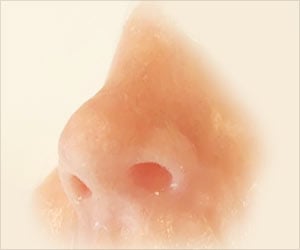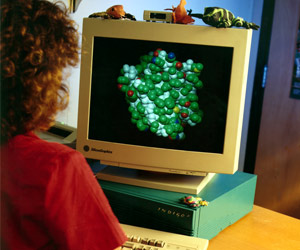
‘A rapid, inexpensive and non-invasive technique can track malignant melanoma progression or treatment response by detecting a group of fluorescent molecules in the urine. The molecules are produced by the cancer cells during metabolic processes involved in their growth and progression and released in the urine.’
Read More..Tweet it Now
The research article, "Fluorescence biomarkers of malignant melanoma detectable in urine", has been published in De Gruyter's open access journal Open Chemistry. It describes a group of fluorescent molecules - easily detectable in urine - which correlate with melanoma progression, creating new possibilities for monitoring the disease.Read More..
This technique is badly needed as malignant melanoma is particularly challenging to treat and monitor. This skin cancer is highly aggressive and frequently spreads to other sites in the body so monitoring its progression is very important. However, current techniques mean that patients have to undergo invasive surgery to remove tissue samples and then lab technicians must perform expensive and time-consuming analysis of these samples. Unfortunately, patients may avoid getting timely diagnosis and treatment as they fear these invasive procedures.
These issues prompted Dr. Ivana Špaková and colleagues to look for an alternative. They focused on specific fluorescent molecules that cancer cells produce during metabolic processes involved in their growth and progression, and which end up in urine.
The researchers analyzed urine samples from patients with malignant melanoma and healthy controls using fluorescence spectroscopy, a simple and inexpensive detection method, to see if there were any differences in levels of the fluorescent markers. They also performed genetic analysis for the same patients to examine genes involved in melanoma progression.
The urine samples from the malignant melanoma patients contained different levels of the metabolism-linked fluorescent markers compared with those from healthy controls. Strikingly, the levels of the fluorescent molecules in the urine correlated with the stage of melanoma and the expression of genes that are linked to melanoma progression, suggesting that the molecules have significant potential as biomarkers.
Advertisement
Source-Eurekalert















